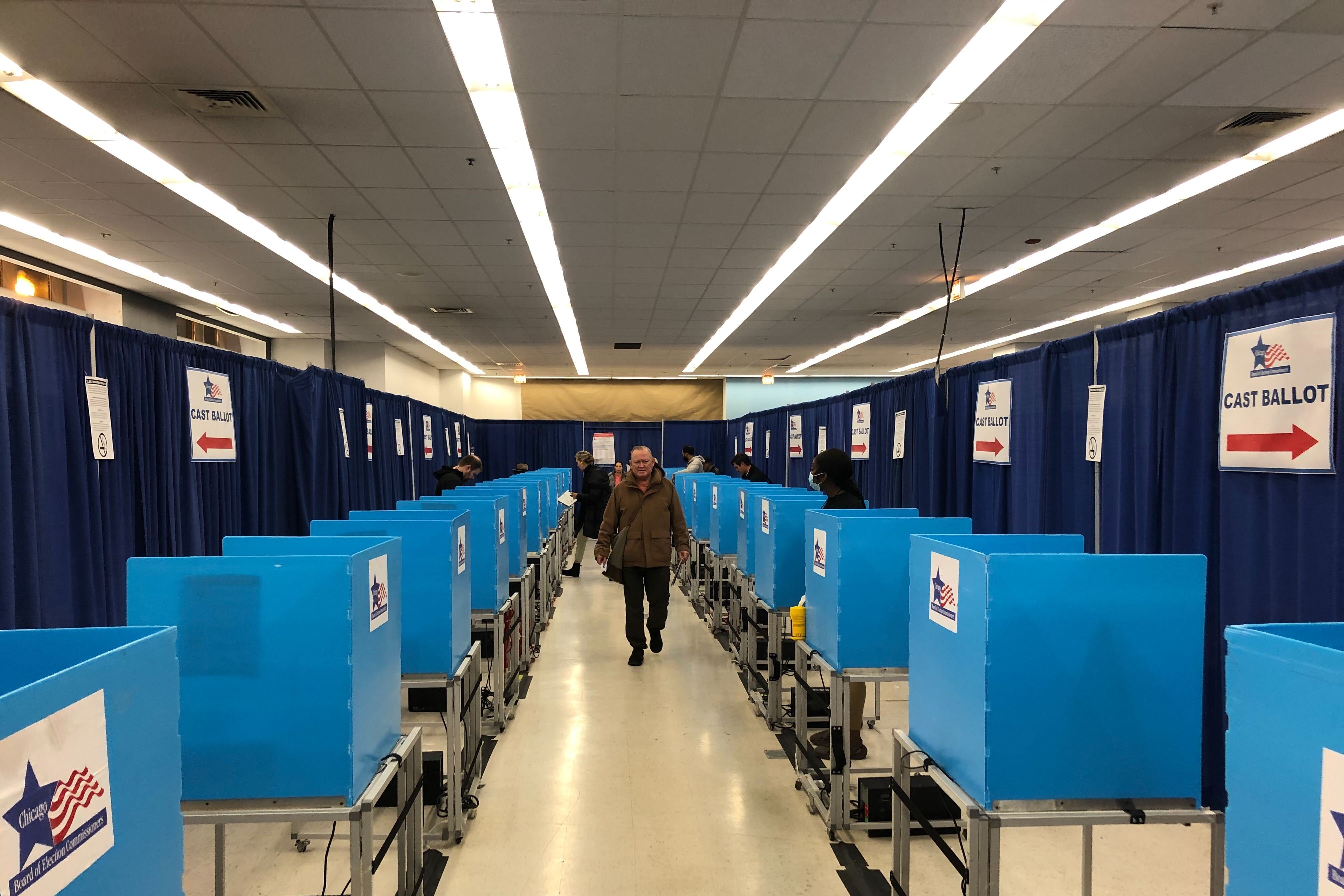Sign up for Chalkbeat Chicago’s free daily newsletter to keep up with the latest education news.
The race for Chicago’s first elected school board is narrowing.
Five candidates are off the ballot for the election on Nov. 5, including three candidates who withdrew their names. The Chicago Board of Elections voted Friday to remove two others — Brenda Delgado from District 6 and Felipe “Phil” Luna Jr. from District 7 — after challenges to the signatures they collected to run for office.
To get on the ballot, hopefuls had to collect at least 1,000 valid signatures from registered voters in their districts. Challenges to the signatures can be filed by registered voters in a candidate’s district who question the validity.
The board’s decisions were the first issued since candidates first filed to run for school board on June 24.
The elections board found that Delgado, from District 6, had insufficient signatures. In the case of Luna, from District 7, the board said he didn’t show up to proceedings for the petition challenge, resulting in him losing his challenge by default, according to the board’s decision. It also said that the objector’s complaint about Luna’s signatures “contains sufficient allegations,” if found to be true, to invalidate Luna’s signatures.
Luna, who is a local school council member at Benito Juárez Community Academy, a high school in the city’s Little Village on the South Side, was unsure how much impact he could have as an elected official but decided to run for his community.
“Actual students and parents reached out to me for me to run,” he said. “I ran because the community asked me to, not because I wanted to.”
He says he will continue to be involved in initiatives that will directly impact students in his area.
Danielle J. Wallace from District 6, Darius Dee Nix from District 8, and James Walton Jr. from District 10 had already filed to withdraw from the ballot, according to the Board of Elections. The board voted Friday to remove these candidates specifically in response to petition challenges that each faced, according to Max Bever, spokesperson for the Chicago Board of Elections. Their earlier withdrawal from the race made their challenges moot.
Wallace said she plans to run as a write-in candidate.
The board will continue to issue decisions from petition challenges through the end of August. A total of 27 candidates’ petitions were challenged.
Reema Amin is a reporter covering Chicago Public Schools. Contact Reema at ramin@chalkbeat.org.
Samantha Smylie is the state education reporter for Chalkbeat Chicago covering school districts across the state, legislation, special education and the state board of education. Contact Samantha at ssmylie@chalkbeat.org.






